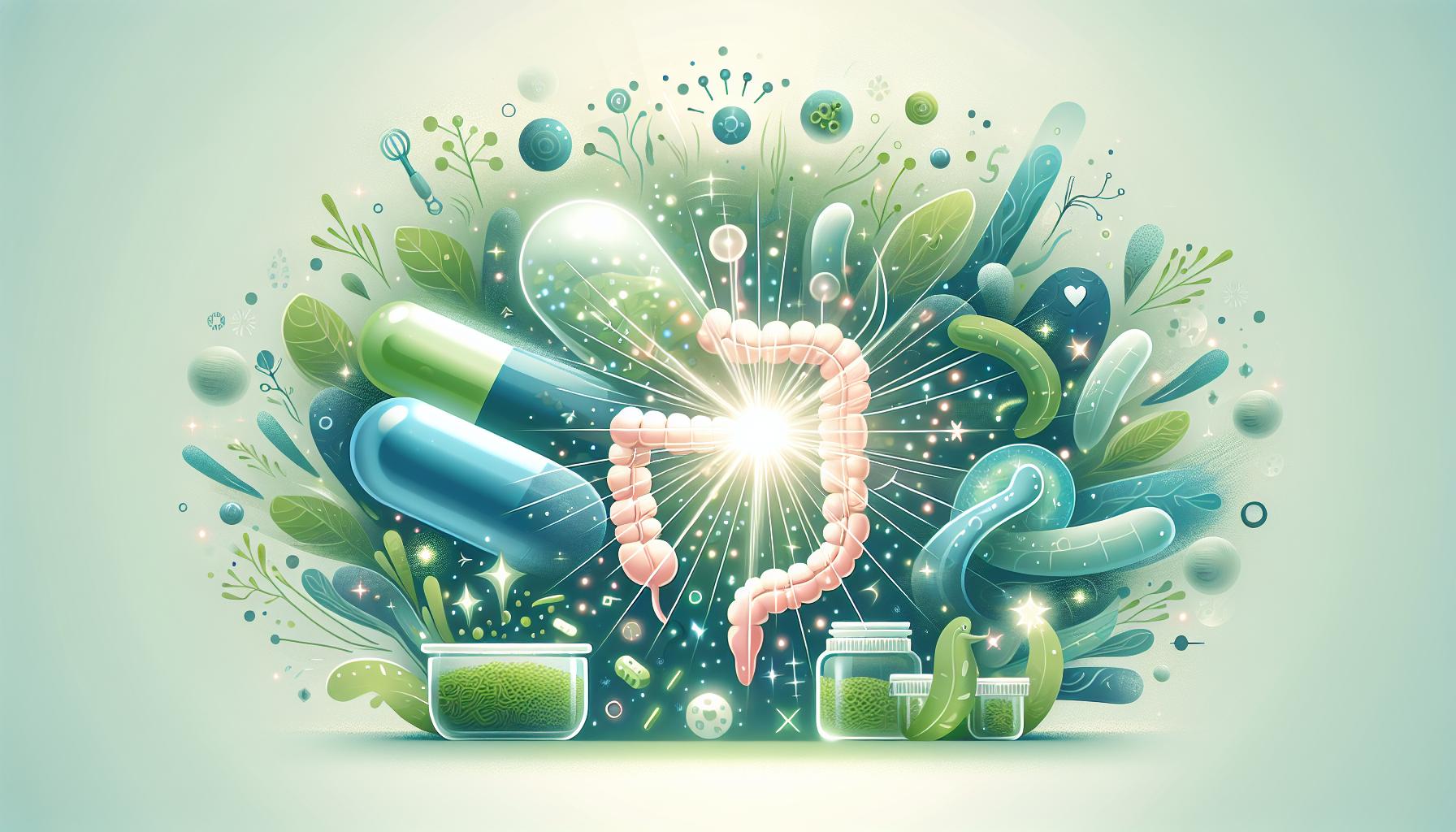
Introduction to Probiotics
So, how best to take probiotics, you ask? It’s surprisingly simple. Probiotics are most effective when consumed as a part of your daily routine, which can be done through both diet and supplementation. However, the effectiveness of these beneficial bacteria can be significantly influenced by multiple factors, such as the time of consumption, food interactions, and more. In this article, we will unravel the art of probiotic intake that not only ensures a healthy gut but also an overall sense of wellbeing.
Bountiful Benefits of Probiotics
Strolling down the health and supplements aisle, you might have caught a glimpse of probiotics, those microscopic superheroes fostering a friendly environment in your gut. They are live bacteria and yeasts that provide numerous health benefits, especially for your digestive system.
But hold on, aren’t bacteria supposed to be bad? Well, not always! Just as a coin has two sides, bacteria too, play roles both as villains causing disease and as superheroes maintaining health. Probiotics fall into this latter beneficial category.
Probiotics: A Panacea for Digestive Woes
Did you know digestion is not the sole duty of your stomach and intestines? The magic of probiotics is such that they participate actively in breaking down your food, extracting nutrients, and even bolstering your immune system.
Diving into the Best Practices of Probiotics Intake
Now, moving on to the million-dollar question: How best to take probiotics? Probiotics are generally taken by mouth either in pill form, powder, or as part of certain foods. But timing is crucial. To ensure maximum survival and arrival of these little powerhouses at their intended destination – your gut, there are certain considerations one can adopt.
The Timing Tick-tock
Taking probiotics at the right time can make a world of difference in their effectiveness. While some people might find it more convenient to take them first thing in the morning, there is a school of thought that advises taking them before meals to maximize their effectiveness.
Food: A Comrade to Probiotics
Probiotics are both stars and supporting actors on the stage of our well-being. For them to steal the show, they need excellent co-actors – and that’s where food comes into play. Foods containing dietary fibers act as prebiotics – food for our probiotic friends that help them grow and thrive in our gut.
The Probiotic-Prebiotic Symphony
Remember, probiotics and prebiotics are the Batman and Robin of the gut world, engaging in a symbiotic relationship that nurtures our health. Including foods rich in prebiotics like bananas, onions, and garlic in your diet can create an environment conducive for probiotics to thrive.
The Dosage Dilemma
Probiotic dosage depends multiple factors, including the specific strain of probiotic, your age, and your health status. Consulting a healthcare expert is the best way to ensure you are taking the right dosage to achieve the desired benefits while avoiding any potential side effects.
Cracking the Dosage Code
Like starting a new exercise regime or diet, introducing probiotics to your system is best done gradually. As the saying goes, good things come to those who wait, and this is no different in the world of probiotics!
Conclusion
In essence, the key to taking probiotics efficiently is not a convoluted science. It’s all about consistency, due attention to your body’s subtle signals, and small dietary tweaks that can optimize probiotic benefits to the health of your gut and beyond.
Frequently Asked Questions
1. Should probiotics be taken in the morning or at night?
Both morning and night have their advantages for probiotic intake. Some prefer taking them first thing in the morning, while others find them more effective if taken before bed.
2. What can I eat to enhance the effects of probiotics?
Foods rich in dietary fiber like fruits, vegetables, and whole grains act as prebiotics, enhancing the survival and growth of probiotics.
3. Can probiotics have side effects?
While uncommon, some people might experience mild side effects such as bloating or stomach upset initially.
4. Can I overdose on probiotics?
While it’s difficult to overdose on probiotics, taking too much too quickly might cause uncomfortable digestive symptoms. Starting slow and gradually increasing the dosage is advised.
5. Can I take probiotics on an empty stomach?
Research suggests that taking probiotics before meals when stomach acid levels are lower might provide better survival and adherence of probiotics in the gut.

